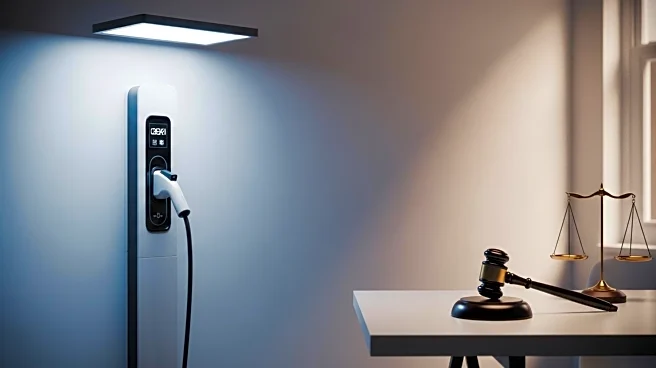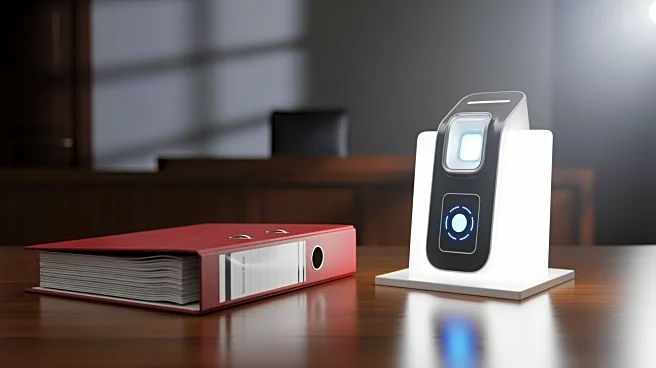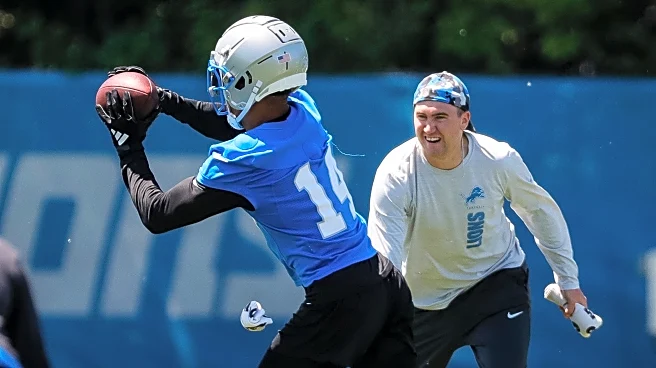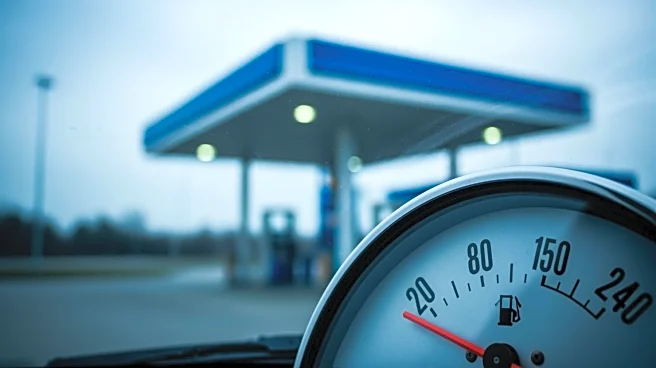What is the story about?
What's Happening?
Tesla has filed a motion in Miami federal court to overturn a $243 million jury verdict related to a fatal crash involving its Autopilot technology. The company argues that the jury was misled by the mention of Elon Musk during the trial, which they claim was irrelevant and prejudicial. The case involves a 22-year-old student who died after being struck by a Tesla vehicle equipped with Autopilot features. The jury found the driver primarily responsible but also held Tesla accountable due to alleged faulty technology. Tesla contends that the verdict could deter innovation and harm road safety, as it may set a precedent for holding manufacturers liable even when drivers act recklessly.
Why It's Important?
The outcome of this case is significant for the automotive industry, particularly for companies developing self-driving technologies. If the verdict stands, it could lead to increased liability risks for manufacturers, potentially stifling innovation in autonomous vehicle technology. This case highlights the ongoing debate over the safety and reliability of self-driving features and the responsibility of manufacturers in ensuring these technologies do not mislead drivers. Tesla's challenge to the verdict also underscores the legal and regulatory scrutiny facing the company, which could impact its future business operations and technological advancements.
What's Next?
Tesla has requested a new trial or a reduction in the damages awarded. The decision by the court could influence future legal strategies for Tesla and other automakers facing similar lawsuits. Additionally, regulatory bodies in the U.S. and Europe may continue to scrutinize Tesla's marketing and naming conventions for its driver assistance technologies, potentially leading to changes in how these features are presented to consumers. The case may also prompt discussions on the ethical implications of autonomous driving technology and the balance between innovation and safety.
Beyond the Headlines
The case raises broader questions about the ethical responsibilities of tech companies in marketing advanced technologies. The use of terms like 'Autopilot' by Tesla has been criticized for potentially misleading consumers about the capabilities of the technology. This situation highlights the need for clear communication and transparency from manufacturers to ensure consumer safety and trust. The legal challenges faced by Tesla may also influence public perception of self-driving technologies and their adoption in the market.

















